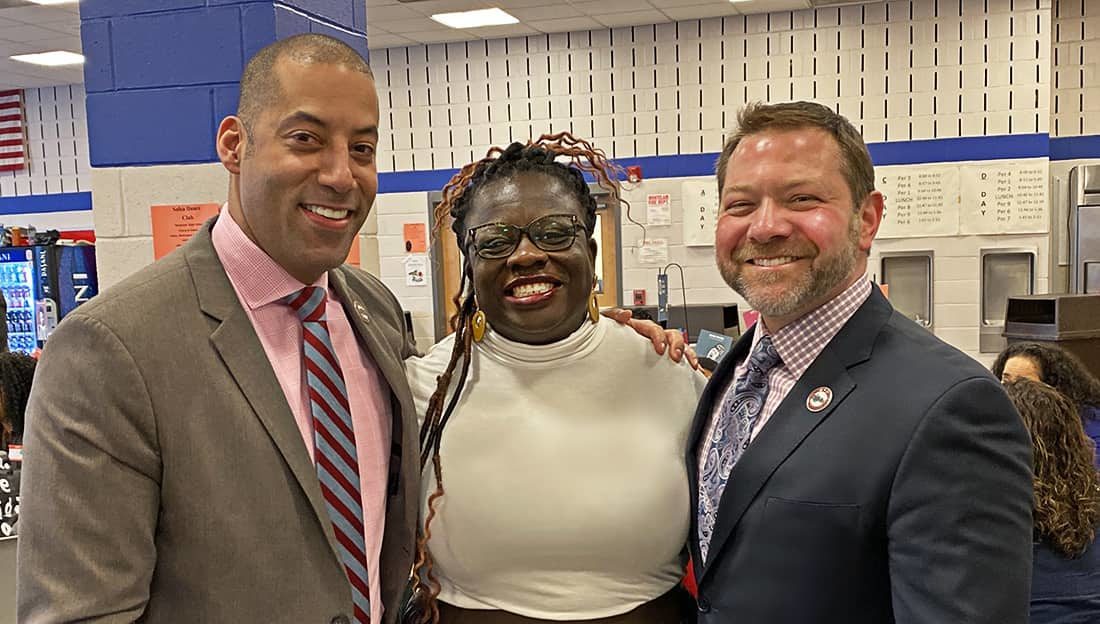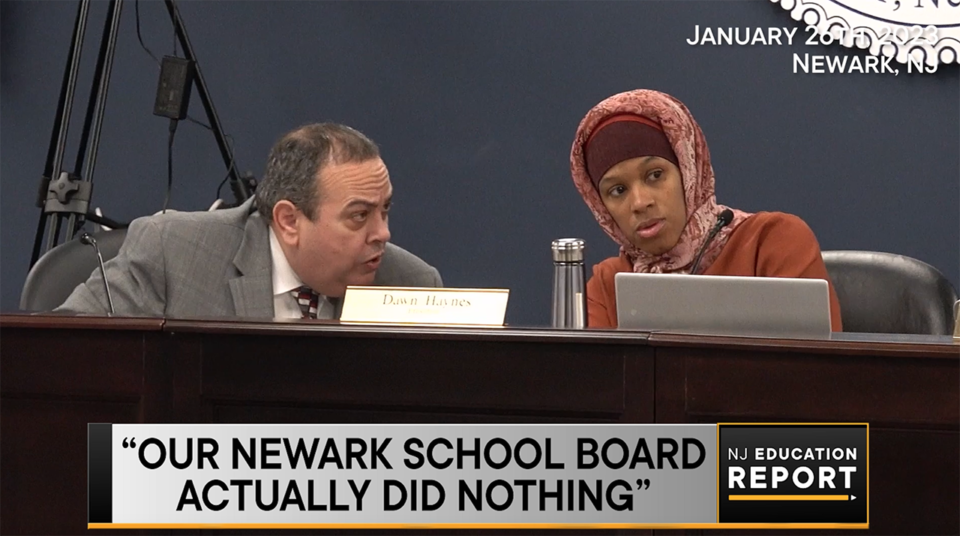
LILLEY: NJ Pays A Large Premium for a Quality Public Education; MA Does More with Less
October 17, 2022
Fair Funding for Charter Schools Is Wedge Issue in Debate Over Reforming Schools Development Authority
October 17, 2022JerseyCAN Chief Rebukes State Education Department For Delaying Release of Student Testing Data
Paula White, Executive Director of JerseyCAN, is frustrated with the New Jersey Education Department’s delayed release of last spring’s student proficiency tests. In an op-ed published yesterday she said the DOE is “dragging its heels on a full release of student achievement data in reading and math, and likely won’t do so for several more weeks.”
“If the 2022 National Assessment of Educational Progress (NAEP) 4th grade reading results are a foreshadowing of how students in our state have fared,” she writes, “young people’s dreams are being woefully deferred, with Black and brown children as prime casualties. This must stop.”
It’s unclear why the DOE hasn’t released the scores yet. An inside source said “generally when things are amiss it’s incompetence,” which seems more than likely.
Why should you care? Because without that data, teachers lack objective measurements of what their students need in order to recover from COVID learning loss. (Some districts have their own internal assessments, iReady or MAP tests, which turn around results in 24-48 hours.)
This is far from an isolated incident in the Murphy Administration. For example, the Governor’s Office knew long ago about the substantial rise in health care costs for state workers but no one else did until the increase was leaked in July, The result, says the Star-Ledger, was that “labor representatives, state lawmakers and local government leaders” were “blind-slded.”
Teachers, parents, and school leaders shouldn’t be blind-sided too.
White is giving testimony today to the State Assembly Education Committee on COVID learning loss, drilling down on the the cost of delaying the release of test scores and recommending, on behalf of JerseyCAN, that the state “invest in data systems that allow for statewide conversations about student learning” that will “shorten the feedback loop from data collection to data sharing so that teachers, students, and the general public can gather information about learning trends quickly and address them accordingly.” She’ll add that state and national polling show that both parents and teachers regard assessment data as an important way of understanding what our kids need.
Much of White’s op-ed focuses on literacy, urging NJ to follow the lead of states like Connecticut, Pennsylvania, and Mississippi and mandate phonics-based reading instruction:
New Jersey is often ranked as the No. 1 state in K-12 education, it may surprise you that in 2019, NAEP results showed Mississippi’s Hispanic 4th graders outpacing New Jersey’s Hispanic 4th graders in reading by 8 points (221-213).
(So Mississippi Hispanic 4th graders—NAEP only tests 4th, 8th, and 12th-graders—are outperforming NJ 4th graders. Here’s a data point: According to the national Education Data Initiative, Mississippi spends $9,255 per student per year and New Jersey spends $21,334 per student per year. You don’t always get what you pay for.)
NJ can help students recover from learning loss–and learn more in general–by taking test data seriously, releasing it promptly, and ensuring that teachers are well-trained in the science of reading. Maybe that’s a better use of DOE staff members’ time than sprinkling the woke-if-meaningless phrases like “equitable outcomes” into regulatory material that no one reads.




